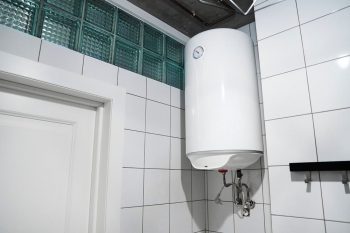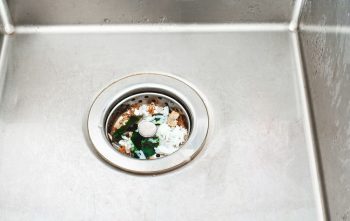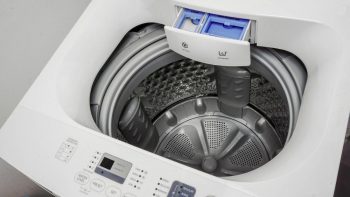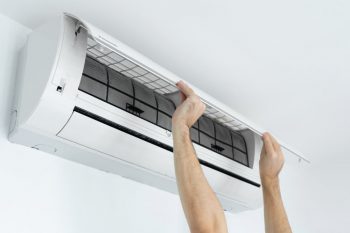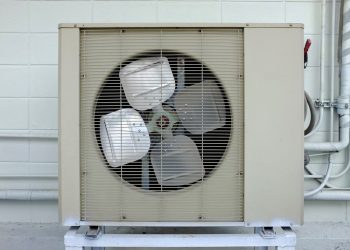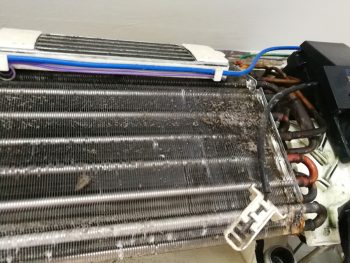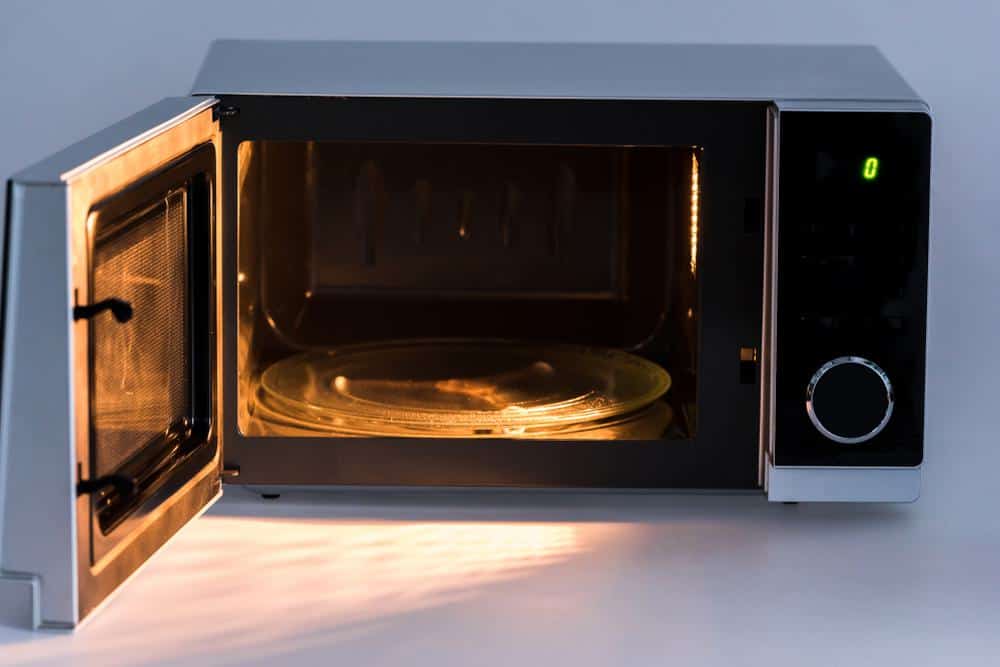
Microwaves are an integral part of our kitchens. They offer a convenient and quick way to heat food, make popcorn, or even defrost frozen items. However, like any other electrical appliance, microwaves also come with a risk of fire. In this comprehensive guide, we’ll cover what to do if your microwave catches fire, how to prevent microwave fires, and other useful tips to ensure your safety.
If your microwave catches fire, immediately turn off and unplug the microwave, but keep the door closed to starve the fire of oxygen. If the fire doesn’t extinguish on its own or if it seems to be getting worse, call the fire department. After the fire is out, ventilate the area, inspect for damage, and clean the microwave thoroughly.
Immediate Steps to Take if Your Microwave Catches Fire
If you notice your microwave on fire, acting quickly and appropriately is crucial. Here’s what to do:
- Keep the Door Closed: Resist the urge to open the microwave door. Doing so can introduce oxygen and fan the flames, making the fire spread.
- Turn Off the Microwave: Immediately turn off the microwave. This action shuts off the fan that could potentially feed oxygen to the fire.
- Unplug the Microwave: If it’s safe to do so, unplug the microwave from its power source. This step disconnects the power supply, reducing the chances of the fire escalating.
- Let the Fire Burn Out: Microwaves are designed to starve fires of oxygen, causing them to extinguish naturally. Leave the door closed, and allow the fire to burn out.
- Call the Fire Department if Necessary: If the fire seems to be getting worse or you’re unsure whether it’s completely out, call your local fire department immediately.
Preventing Microwave Fires: Safety Tips
Prevention is always better than cure. Here are some tips to prevent microwave fires:
- Use Microwave-Safe Containers: Always use microwave-safe containers and avoid using metal utensils, aluminum foil, or any non-microwave-safe materials in the microwave as these can spark and cause a fire.
- Follow Manufacturer’s Instructions: Adhere to the manufacturer’s instructions for using and cleaning your microwave.
- Avoid Overheating: Be cautious when heating items like popcorn or heating pads. Follow the manufacturer’s instructions and avoid overheating.
- Never Leave Your Microwave Unattended: Always keep an eye on your microwave when it’s in use.
Potential Causes of Microwave Fires
Understanding the potential causes of microwave fires can help prevent them. Here are some common causes:
- Overheated food or packaging
- Metal objects in the microwave
- Faulty components or wiring
- Use of improper, non-microwave-safe materials
- A faulty power cord or outlet
Post-Fire Precautions
After a microwave fire, it’s essential to take certain precautions:
- Ensure the Fire is Out: Wait until you’re certain the fire is completely extinguished before opening the microwave door.
- Unplug the Microwave: Disconnect the appliance from the power source.
- Ventilate the Area: Open windows and doors to get rid of smoke and fumes.
- Inspect for Damage: Once the microwave has cooled down, inspect it for any visible damage. If you find any, it’s best to replace the microwave.
- Clean the Microwave: Clean the microwave thoroughly before using it again.
In conclusion, while microwave fires can be scary, knowing what to do can help you handle the situation safely and effectively. Remember, the best way to handle a microwave fire is to prevent it from happening in the first place. Regular maintenance and proper usage are key to ensuring your microwave remains a safe and convenient tool in your kitchen.
Frequently Asked Questions
What are some signs that my microwave might be about to catch fire?
Some signs that your microwave might be about to catch fire include unusual noises, a burning smell, sparks or flames inside the microwave, and the microwave heating without the timer being set. If you notice any of these signs, stop using the microwave immediately and unplug it.
Can I use water to put out a microwave fire?
No, you should never use water to put out a microwave fire. Water can spread the fire and even cause a steam explosion. The best way to handle a microwave fire is to keep the door closed, turn off and unplug the microwave, and let the fire burn out on its own.
Can a microwave fire spread to the rest of the kitchen?
Yes, a microwave fire can potentially spread to the rest of the kitchen, especially if the microwave door is opened or if there are flammable materials nearby. This is why it’s crucial to act quickly and correctly at the first sign of a microwave fire.
How often should I clean my microwave to prevent fires?
You should clean your microwave regularly to prevent fires. A good rule of thumb is to wipe down the inside of your microwave after each use and do a more thorough cleaning at least once a week. This helps to remove any food particles or grease that could potentially ignite.
Is it safe to use a microwave after a fire?
After a microwave fire, it’s best to replace the microwave. Even if the fire was small and the microwave appears to be undamaged, the fire could have caused internal damage that makes the microwave unsafe to use.


